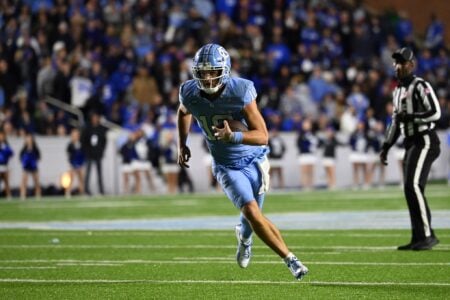Vindicate
2nd Team Getting Their First Start
- Joined
- Oct 2, 2015
- Messages
- 1,937
- Reaction score
- 2,859
Saw this article from CBS: Bill Belichick believes salary cap spending is more important than cash spending
Interesting comments include:
"Cash spending isn't really that relevant. It's cap spending," Belichick said on WEEI's Greg Hill Show. "So teams that spend a lot of cash one year probably don't spend a lot of cash in the next year, because you just can't sustain that."
Personally, I'm a bit lost on cap stuff. I get the basics, but could someone do a ELI5 (explain like I'm 5) summary of cash vs. cap spending?
Personally, my question really comes down to: what constitutes as cash vs. cap? What are the benefits of either? Is cash more reward up front and risky?
Interesting comments include:
"Cash spending isn't really that relevant. It's cap spending," Belichick said on WEEI's Greg Hill Show. "So teams that spend a lot of cash one year probably don't spend a lot of cash in the next year, because you just can't sustain that."
Personally, I'm a bit lost on cap stuff. I get the basics, but could someone do a ELI5 (explain like I'm 5) summary of cash vs. cap spending?
Personally, my question really comes down to: what constitutes as cash vs. cap? What are the benefits of either? Is cash more reward up front and risky?




















